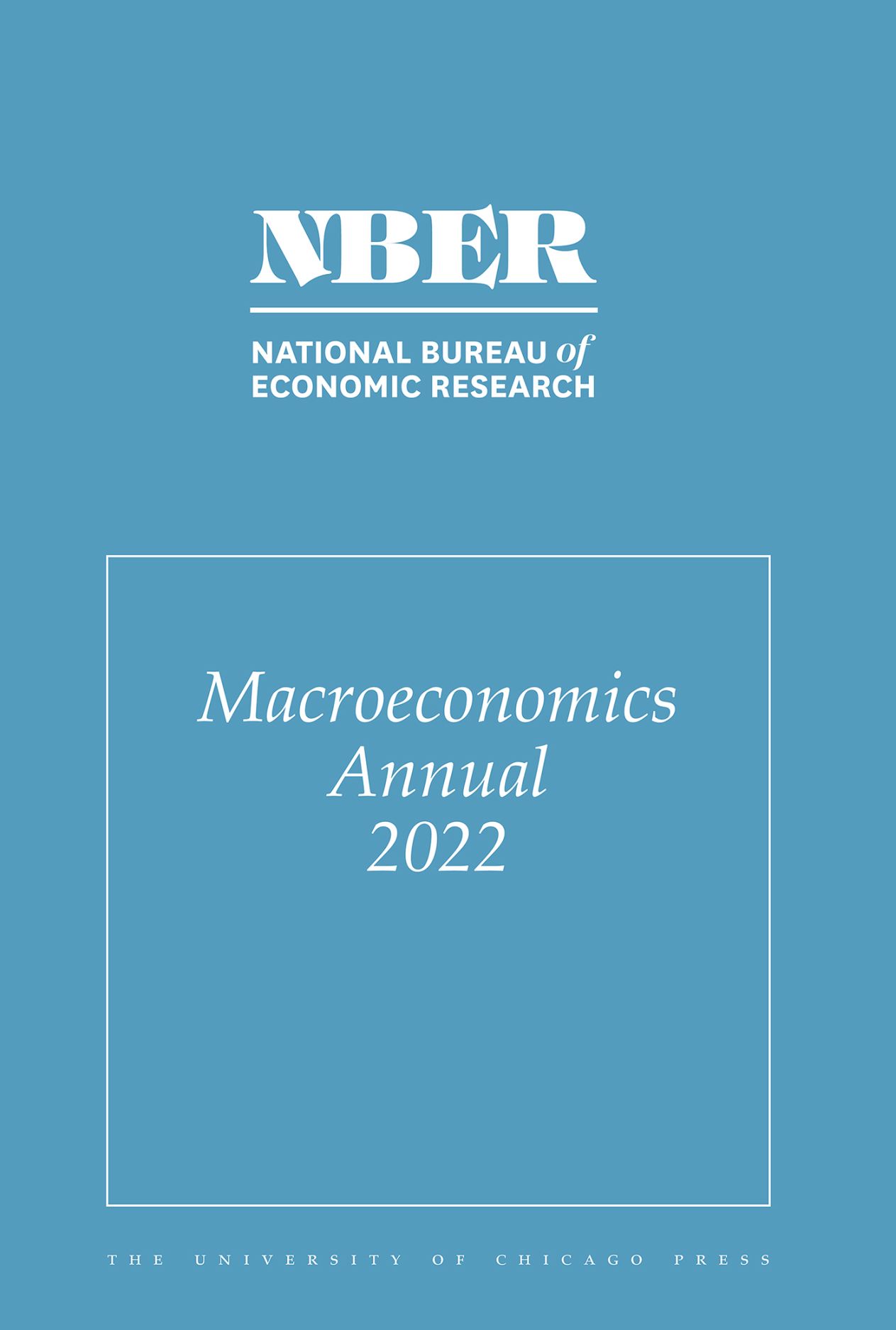Comment
IF 10.7
1区 经济学
Q1 ECONOMICS
引用次数: 0
Abstract
Guido Menzio’s paper, “Stubborn Beliefs in Search Equilibrium,” provides a new and provocative approach to a set of long-standing questions in the macro labor literature. What is the source of downward wage rigidity? And how can one of the workhorse models in this literature— the random-search model pioneered by Diamond, Mortensen, and Pissarides (DMP)—generate realistic cyclical fluctuations in vacancies and unemployment? Menzio proposes a novel mechanism for wage rigidity, which relies on the presence of nonrational workers in an otherwise standard DMP model. These “stubborn” workers do not have rational expectations but instead have biased beliefs about the aggregate state of the economy. More specifically, they believe that aggregate productivity is constant and equal to its unconditional mean of the productivity distribution, failing to recognize booms or recessions. In a downturn, workers who contemplate forming a match with a firm therefore have beliefs about their outside option—the value of search—that are too optimistic, which affects the wages they bargain. In fact, wages are entirely pinned down by workers’ beliefs, because firms have no choice but to accommodate these biased beliefs as they cannot be changed. Wages are therefore too high compared with what a recession would call for; that is, they are downward sticky/rigid. As a result, firms’ incentives to post vacancies strongly diminish. In the presence of stubborn workers, aggregate productivity评论
Guido Menzio的论文《寻找平衡中的顽固信念》为宏观劳动文学中一系列长期存在的问题提供了一种新的、挑衅性的方法。工资刚性下降的根源是什么?这篇文献中的一个主力模型——Diamond、Mortensen和Pissarides(DMP)开创的随机搜索模型——如何产生职位空缺和失业率的现实周期性波动?Menzio提出了一种新的工资刚性机制,该机制依赖于非理性工人在其他标准DMP模型中的存在。这些“固执”的工人没有理性的期望,而是对经济的总体状况有偏见。更具体地说,他们认为总生产力是恒定的,等于生产力分布的无条件平均值,并没有认识到繁荣或衰退。因此,在经济低迷时期,考虑与公司结成伙伴关系的员工对自己的外部选择——搜索价值——抱有过于乐观的信念,这会影响他们讨价还价的工资。事实上,工资完全由工人的信仰决定,因为公司别无选择,只能适应这些有偏见的信仰,因为它们无法改变。因此,与经济衰退相比,工资太高了;也就是说,它们向下是粘性/刚性的。因此,公司发布职位空缺的动机大大减弱。在顽固的工人面前,综合生产力
本文章由计算机程序翻译,如有差异,请以英文原文为准。
求助全文
约1分钟内获得全文
求助全文
来源期刊

Nber Macroeconomics Annual
ECONOMICS-
CiteScore
5.10
自引率
0.00%
发文量
23
期刊介绍:
The Nber Macroeconomics Annual provides a forum for important debates in contemporary macroeconomics and major developments in the theory of macroeconomic analysis and policy that include leading economists from a variety of fields.
 求助内容:
求助内容: 应助结果提醒方式:
应助结果提醒方式:


